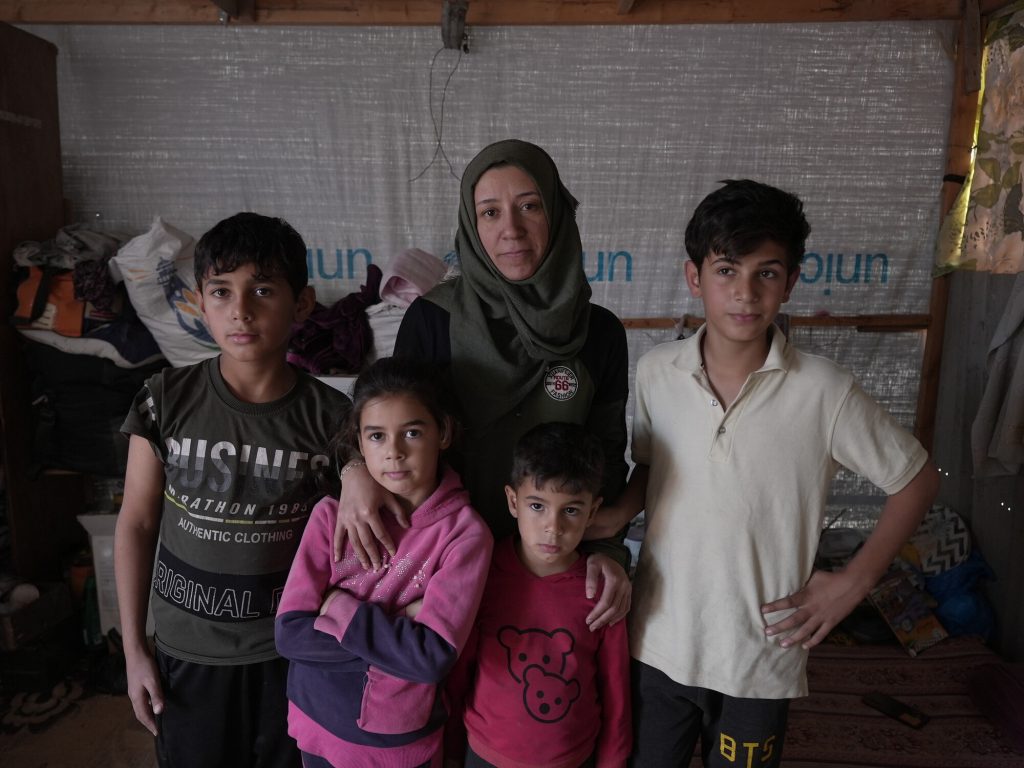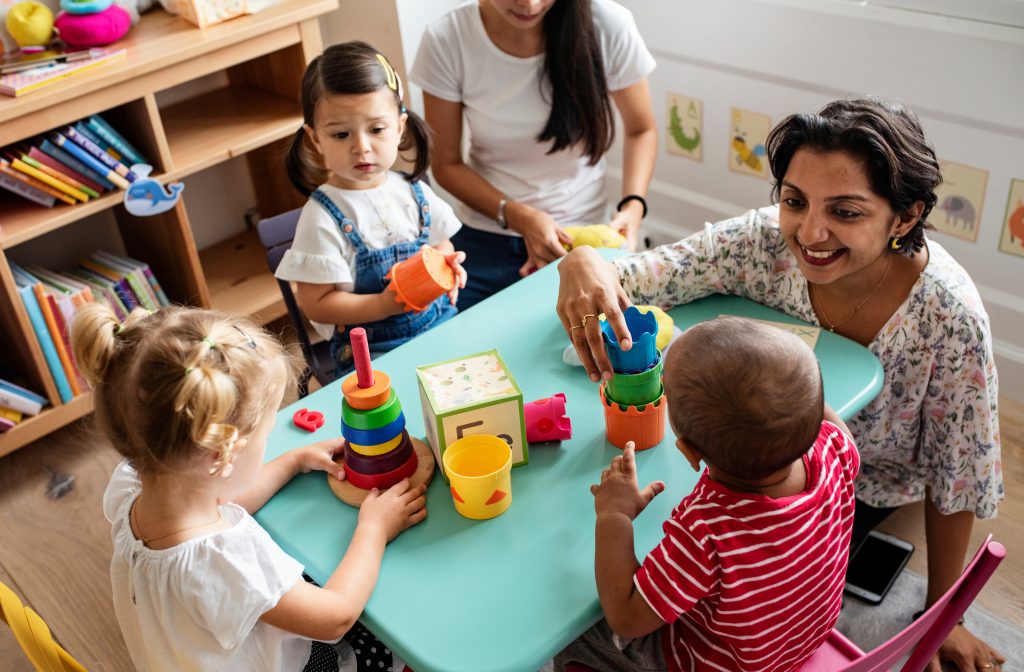5 ways Oxfam’s Feminist Leadership is in Action
Formed five years ago, the Latin America & Caribbean (LAC) Regional Women’s Rights and Gender Justice group comprises Oxfam staff and members of feminist and women’s rights organisations. They work externally to influence for women’s rights in the region, and internally to mainstream gender within Oxfam.
The group insists on maintaining their autonomy, and are unafraid to be a critical voice when needed. Based on their experience, here are five ways Damaris Ruiz, Yohanka Valdes, and Maritza Gallardo Lopez from Oxfam’s LAC Regional Women’s Rights and Gender Justice group are bringing feminist learning into the centre of our organization:
1. Create safe spaces for dialogue and learning
Safe spaces where staff can talk openly and without judgment, and allow innovation. Yohanka says, it “enables us to have challenging visions about Oxfam’s work” at all levels. It helps to build capacity and “provide mutual support between colleagues.” Damaris echoes the feelings of many members, “it is a space where I feel supported, where I can share all my thoughts, where I can be Damaris in my entirety.” And beyond this, creates a network which “facilitates the coordination of the feminist movement in all its diversity.”
2. Speak with one voice to influence internally
Yohanka is convinced that “a shared regional vision of women’s rights is key to raising awareness and involvement within the confederation.” This includes structure, program priorities, and themes. She stresses that a shared vision must be built through open participation.
3. Listen to, and learn from, women’s rights and feminist organizations
Maritza emphasizes that a powerful lesson for Oxfam, is to “learn from the struggles and strategies of the feminist movement.” If Oxfam is serious about placing gender justice at the centre of our work, “it is very important, now more than ever, to consolidate our relationship with the women’s and feminist movements.”
4. Build alliances and strategic partnerships
Maritza reminds Oxfam to be humble, as “there are social and feminist movements that have fought far longer for women’s rights.” Damaris agrees, “it is vital to work with others – even when it requires more effort, more time – it must be done.”
5. Embrace our role as a convenor
We can add real value to the movement by facilitating and strengthening alliances. This helps the group to influence within regional and international spaces. As Maritza illustrates, “in Honduras we united rural and campesino women’s groups with the feminist movement, to work on a joint political agenda.” Their demands include a law guaranteeing access to credit for campesinos.
Moving beyond the rhetoric
The group play a powerful role in holding Oxfam to account. They invite us all to reflect honestly on what it means to adopt feminist principles in your personal and work life, and challenge us on how to become an organization whose ways of working and priorities are based on feminist principles.
In Damaris’ words, “now the challenge is to move beyond the rhetoric to transform our leadership model, our personal positions and commitments, and our commitments as an organization.”
Now more than ever, isn’t it time we all took up the challenge?
Behind the LAC Regional Women’s Rights and Gender Justice group
Damaris Ruiz
Damaris is Oxfam’s Coordinator for Gender Justice and Women’s Rights in Latin America and the Caribbean (LAC). She was brought up rural Nicaragua under the shadow of the Somoza dictatorship and the armed struggle against it. Although family expectations led her to study international business, she soon realised that this would not be the career for her. Instead she worked in Civil Society Organisations (CSOs) where she became passionate about active citizenship and development.
Yohanka Valdes
Yohanka Valdes is Oxfam’s Programme Coordinator for Gender Justice and Women’s Rights in Cuba. Before joining Oxfam, she worked as a social psychologist in the research centre at the University of Havana. She is motivated by the gender inequality she sees in Cuba, and by feminist activism in Latin America & Caribbean (LAC).
Maritza Gallardo Lopez
Maritza is Programme Coordinator for IGUALES in Honduras. She was inspired by her family and the youth movement of the 80’s and 90’s. Later she embraced other forms of activism within the Central American student movement and the feminist movement, and was inspired by the ideas of Simone de Beauvoir, Virginia Woolf and Marcela Lagarde.
Edited for length. Originally published on Oxfam Views & Voices May 23, 2019.

